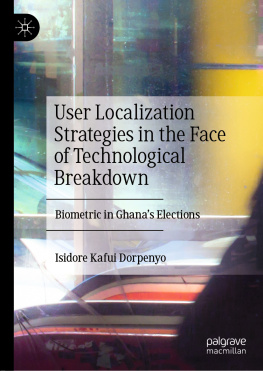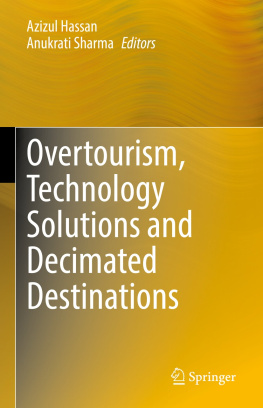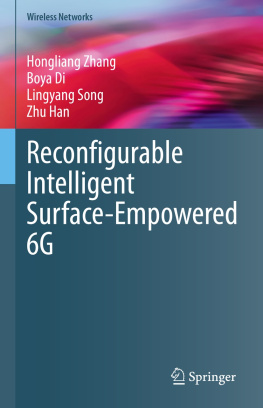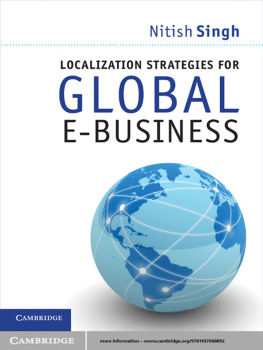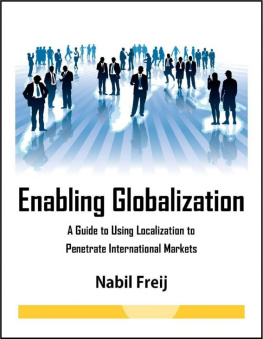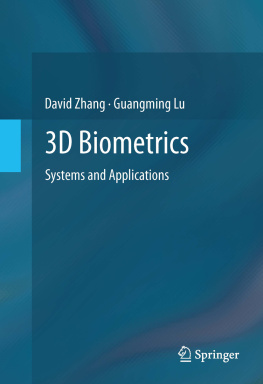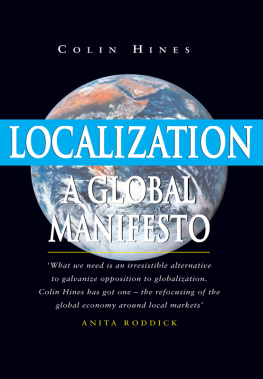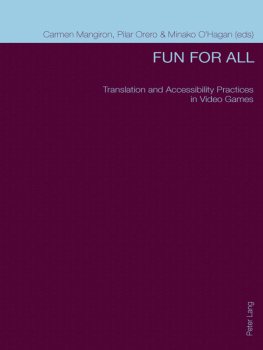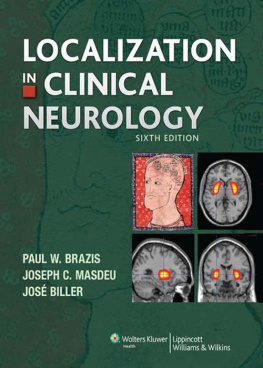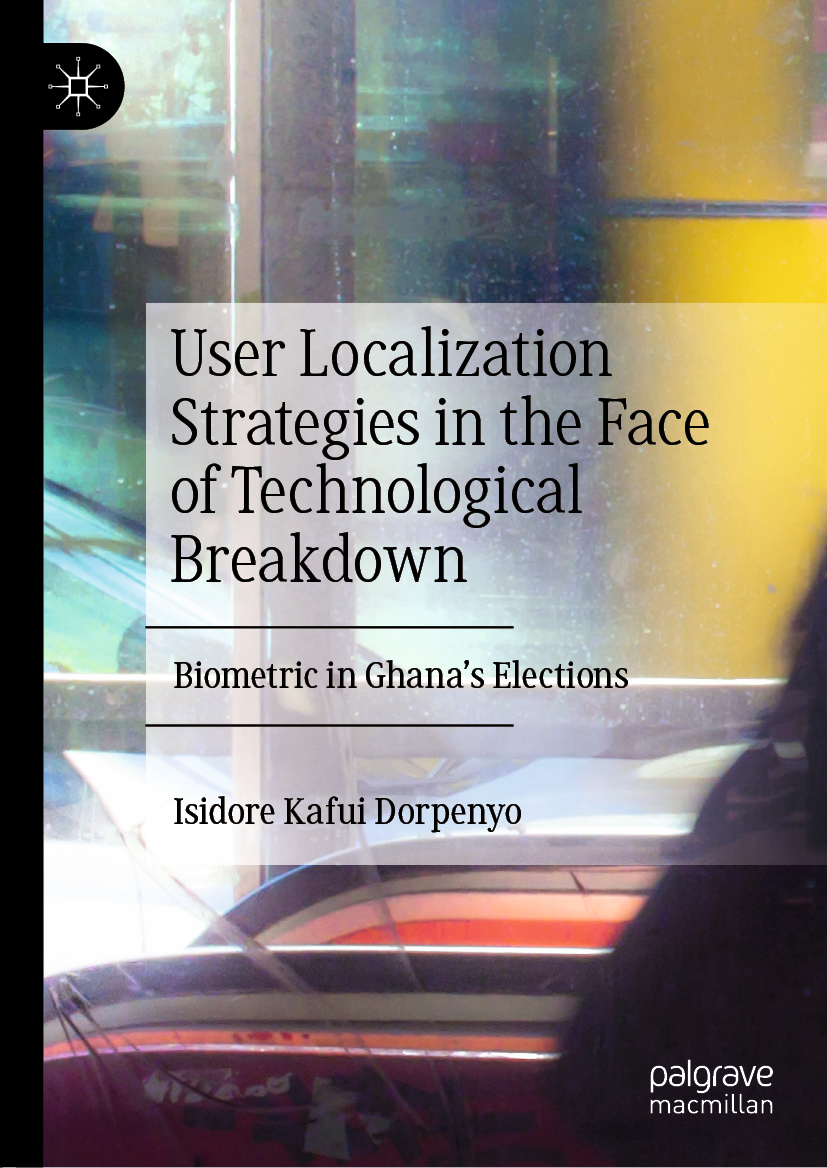Isidore Kafui Dorpenyo
User Localization Strategies in the Face of Technological Breakdown
Biometric in Ghanas Elections
Isidore Kafui Dorpenyo
George Mason University, Fairfax, VA, USA
ISBN 978-3-030-26398-0 e-ISBN 978-3-030-26399-7
https://doi.org/10.1007/978-3-030-26399-7
The Editor(s) (if applicable) and The Author(s), under exclusive license to Springer Nature Switzerland AG, part of Springer Nature 2020
This work is subject to copyright. All rights are solely and exclusively licensed by the Publisher, whether the whole or part of the material is concerned, specifically the rights of translation, reprinting, reuse of illustrations, recitation, broadcasting, reproduction on microfilms or in any other physical way, and transmission or information storage and retrieval, electronic adaptation, computer software, or by similar or dissimilar methodology now known or hereafter developed.
The use of general descriptive names, registered names, trademarks, service marks, etc. in this publication does not imply, even in the absence of a specific statement, that such names are exempt from the relevant protective laws and regulations and therefore free for general use.
The publisher, the authors and the editors are safe to assume that the advice and information in this book are believed to be true and accurate at the date of publication. Neither the publisher nor the authors or the editors give a warranty, expressed or implied, with respect to the material contained herein or for any errors or omissions that may have been made. The publisher remains neutral with regard to jurisdictional claims in published maps and institutional affiliations.
Cover illustration: Alex Linch shutterstock.com
This Palgrave Macmillan imprint is published by the registered company Springer Nature Switzerland AG
The registered company address is: Gewerbestrasse 11, 6330 Cham, Switzerland
Dr. Dorpenyo is to be applauded for highlighting an often forgotten issue of how technology issues in the Global South can inhibit social justice for users who rely on technology to participate in the democratic process. This is a timely and important material that will shape conversations on technology use in the fields of technical communication and rhetoric for a long time.
Godwin Agboka, Associate Professor of Technical Communication, University of Houston-Downtown, USA
User Localization Strategies in the Face of Technological Breakdown is a nuanced, insightful text that will be useful to technical communication researchers interested in theories and methodologies of localization, biometrics, and cross-cultural technical communication. A much-needed perspective from an important community that can completely transform the ways in which technical communicators think about technology design in both local and global contexts. This book makes powerful interventions in current conversations about decolonizing technical communication through social justice work.
Laura Gonzales, Assistant Professor of Rhetoric and Writing Studies at The University of Texas at El Paso, USA, and author of Sites of Translation: What Multilinguals Can Teach Us About Digital Writing and Rhetoric
Dorpenyos work provides technical communicators with a deep and very privileged look into the fascinating world of technology transfer in Ghana. The story he tells of how biometrics were adapted by Ghanas election officials and voters is a case study for how to conduct analyses of user localization strategies for our field.
Tharon W. Howard, Professor of Professional Communication and Rhetoric and Usability Testing Facility Director, Clemson University, USA
Dr. Dorpenyos unique perspective and robust analysis of the adoption and use of biometric in Ghanas elections illustrates how users adapted this technology for their social, cultural, physical, and political contexts using linguistic, subversive, and user-heuristic localizations. This work, situated at the intersections of technical communication, civic engagement, social justice, user experience, and localization earns its significance by pointing out the importance of election technologies in non-western cultures and providing us with rhetorical localization strategies to consider within cultural technical communication.
Michelle F. Eble, Associate Professor of Technical and Professional Communication, East Carolina University, USA
Naomi and Jude
Foreword
Election fraud and other voting anomalies encompass technological, social justice, and systemic issues are rampant throughout the world, including in the USA. I voted in Orange County, Florida, in the infamous 2000 Presidential election that pitted George W. Bush against Al Gore. The election, my first in the State of Florida, turned out to be one of the most controversial in US history.
Hanging chads entered the everyday vernacular and quickly became national news. The sheer number of hanging chads generated by Floridas faulty voting machines meant that many votes cast in good faith were not registered properly, leading to an Electoral College margin that was so close that it took ones breath away (Elving, 2018).
As the Electoral College vote took shape on election night, with the results piling up from around the country, it was clear the vote in Florida was going to determine not only the winner of that states 25 electoral votes but the next occupant of the Oval Office. Although Gore had won the popular vote by roughly a half-million ballots, the all-important Electoral College count from the other 49 states (and District of Columbia) was so close that whoever won Florida would be the overall winner. (Elving, 2018)
The election wasnt ultimately decided until the Supreme Court ruled in favor of Bush on December 12, 2000. And by some accounts, including the following summary by the nonpartisan voter advocacy organization FactCheck.org , the 2000 Presidential Election results are still in dispute.
According to a massive months-long study commissioned by eight news organizations in 2001, George W. Bush probably still would have won even if the U.S. Supreme Court had allowed a limited statewide recount to go forward as ordered by Floridas highest court.
Bush also probably would have won had the state conducted the limited recount of only four heavily Democratic counties that Al Gore asked for, the study found.
On the other hand, the study also found that Gore probably would have won, by a range of 42 to 171 votes out of 6 million cast, had there been a broad recount of all disputed ballots statewide. However, Gore never asked for such a recount. The Florida Supreme Court ordered only a recount of so-called undervotes, about 62,000 ballots where voting machines didnt detect any vote for a presidential candidate.
None of these findings are certain. (Jackson, 2008)
The recount and delay of election results, though supremely disruptive to the country as a whole, was not even Floridas only election upheaval that year. A comprehensive report by the US Commission on Civil Rights revealed eight distinct areas of voting violations in the 2000 election, including, but not limited to, allegations that Florida voters were prevented from casting ballots or that their ballots were not counted as well as allegations of widespread voter disenfranchisement in Florida. The Commission is authorizedand obligatedto investigate all claims that suggest any pattern or practice of fraud and any infringement on the right of citizens to vote and have votes counted.

